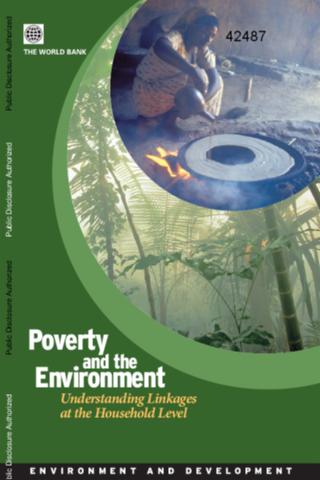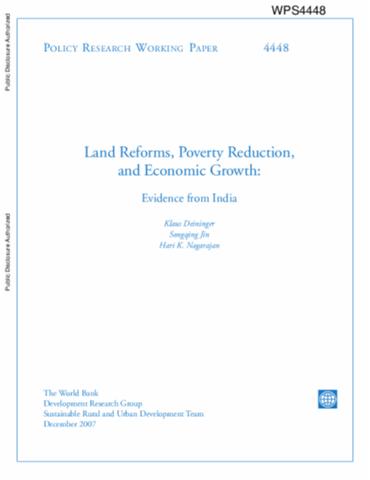The Role of Customary Institutions in Managing Conflict on Grazing Land: A Study from Mieso District, Eastern Ethiopia
This paper examines interethnic conflict on grazing land previously accessed as common property. The study was undertaken in Mieso District of eastern Ethiopia where two ethnic groups experience different production systems pastoral and agropastoral. Game theoretic approach and analytic narratives have been used as analytical tools. Results show that the historical change in land use by one of the ethnic groups, resource scarcity, violation of customary norms, power asymmetry and livestock raids are some of the factors that have contributed to the recurrence of the conflict.






